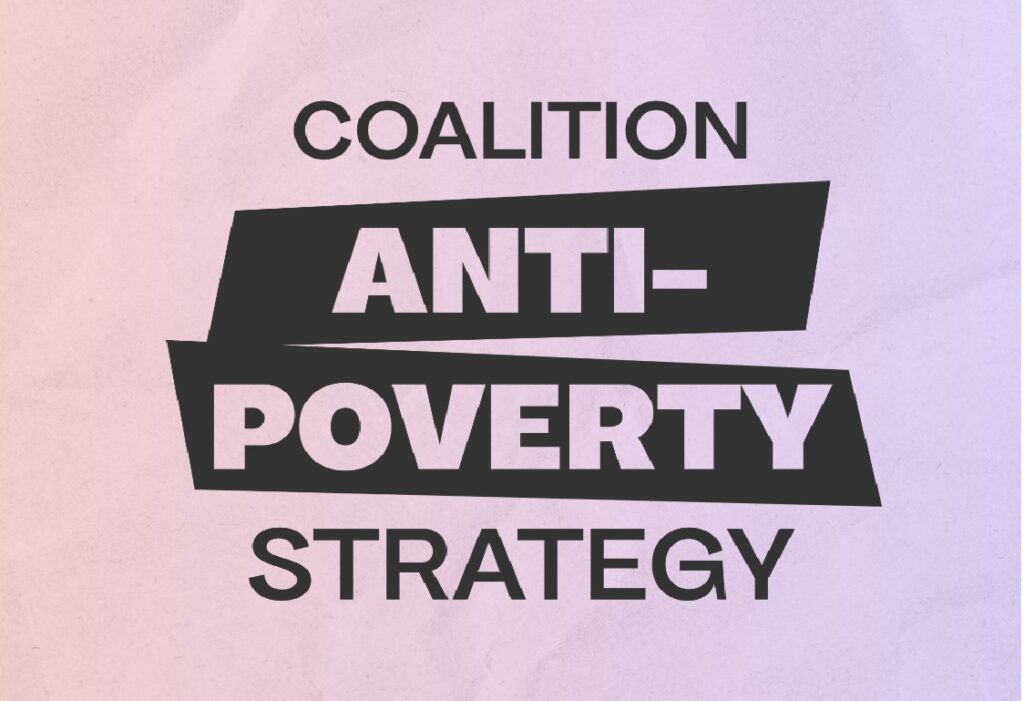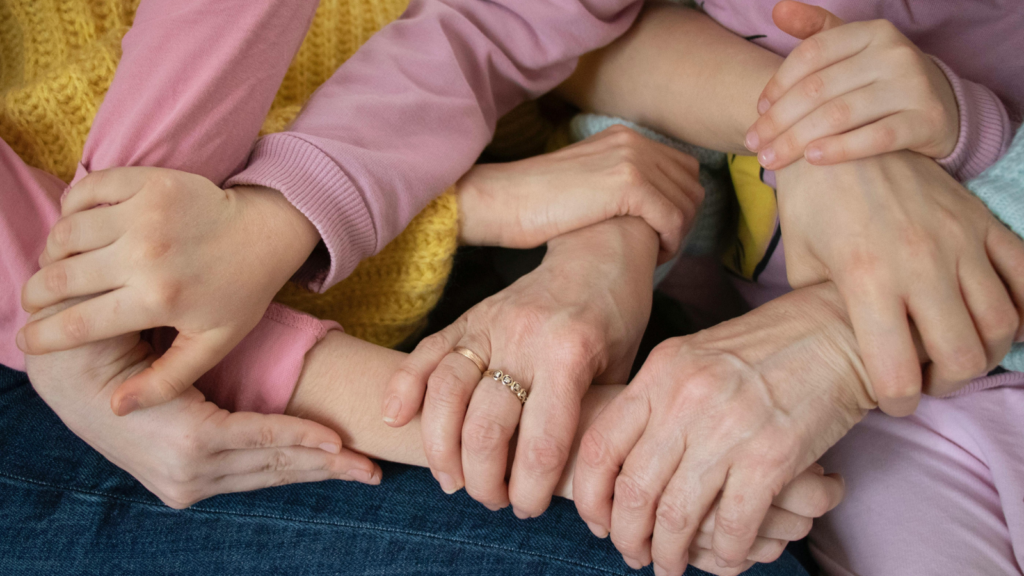The European Union’s Action Plan on Basic Skills, published in March 2025, identifies parental disengagement as one of the contributing factors to the decline in foundational skills across Member States. As such, children, parents and families play a pivotal role in strengthening education systems. Their involvement is crucial for promoting lifelong learning and advancing educational equity—both of which support the EU’s goals of enhancing competitiveness and strengthening social cohesion.
Children at the core of the skills crisis
The Action Plan states that far too many European children do not master basic skills such as reading, math and science. Nearly one in four 15-year-olds cannot understand basic texts, and one in three struggles with real-world math applications. Early signs of underachievement begin in primary school, where too few pupils excel in fundamental subjects. Besides, 43% of eighth graders underachieve basic digital skills, thus reflecting a serious skills gap in a rapidly digitalising world.
Children from disadvantaged backgrounds, migrant families, or with disabilities, are particularly at risk: the socio-economic status indeed remains the strongest predictor of underperformance. Early childhood education is crucial; however, access and quality vary significantly, and staff shortages and poor working conditions in early years education persist, thus affecting school readiness and long-term outcomes.
The vital role of parents and families
Parents and families are regarded as a child’s first educators as they introduce essential concepts such as language and numeracy through daily interactions. The Action Plan highlights how parental involvement directly influences student performance, particularly among disadvantaged children. Systems that maintained or increased parental engagement showed better student outcomes in mathematics.
However, declining parental engagement across Europe has become a crucial issue. To rectify this, the Action Plan calls for programmes that support parents in promoting their children’s learning. These are to be developed in collaboration with sectors like healthcare, migration services, and child protection, recognising the multidimensional challenges many families face.
Building supportive environments around families
The Action Plan also advocates for multi-stakeholder partnerships to enhance learning environments. Libraries, museums, sports organisations, and community groups are encouraged to provide experiential and real-world learning opportunities, especially in underserved areas. Mentoring and tutoring initiatives through the European Solidarity Corps will deploy volunteers to support underachieving children, with a special focus on intergenerational solidarity.
The European Commission plans to launch an EU literacy coalition in 2026. This initiative aims to raise awareness of the literacy crisis, particularly targeting boys, who are less likely to read for pleasure. By involving governments, businesses and libraries, the coalition seeks to make reading a more engaging and accessible activity at home and in communities.
Early action for lasting impact
The Plan proposes a Basic Skills Support Scheme, which will be piloted in 2026, and which will focus on early identification of learning needs and provide individualised support throughout a child’s educational journey. Schools will be encouraged to develop improvement plans, including tutoring, mentoring, and personalised learning pathways. These measures are designed to ensure no child leaves compulsory education without core competencies.
A central feature of this scheme is the creation of professional development opportunities for teachers working with pupils with special educational needs and/or disabilities. The aim is to ensure a stronger connection between educators, students and parents: supporting the inclusion by promoting a stronger collaboration between stakeholders is a priority.
Key takeaways and recommendations
The Action Plan on Basic Skills makes it clear that the following are fundamental to reversing Europe’s skills decline:
- Empowering families and calling for stronger family involvement,
- Strengthening early education,
- Supporting children from all backgrounds.
By investing in parental engagement, fostering community learning ecosystems, and providing tailored support for children, the EU is taking concrete steps to ensure that every child, regardless of background, can thrive in school and beyond.
You can find the full Action Plan on Basic Skills here.
You can also find the COFACE Position Paper on Quality in Early Childhood Education and Care (2024), which highlights the vital role that family engagement plays in achieving and sustaining high-quality early childhood education and care here.





